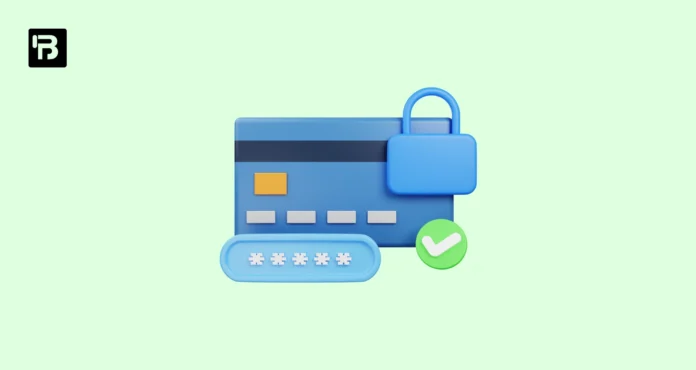Credit card use has evolved into a common and crucial component of contemporary financial transactions. Without having to carry cash, credit cards provide a convenient and adaptable way to make purchases both offline and online.
They offer a line of credit that enables quick access to money for a variety of needs, revolutionising the way individuals purchase and manage their finances.
While credit cards have many benefits, there are also possible risks and obligations that users need to be aware of. Making educated judgements and using credit cards responsibly depend on having a solid understanding of how they operate and how they affect your finances.
In this context, this article discusses the benefits and drawbacks of using credit cards, highlighting both their advantages and potential dangers that users should be aware of in order to keep their financial security.
Benefits of using Credit Cards
Some advantages of utilizing credit cards are listed below.
- Convenience
Using a credit card instead of carrying cash allows you to make transactions quickly and securely in person, online, or over the phone.
- Establishing a Good Credit History
Using credit cards responsibly can assist people in establishing a good credit history, which is necessary for acquiring future loans, mortgages, and preferable interest rates.
- Rewards & Benefits
Many credit cards have rewards programs, such as cashback, travel miles, or price breaks on purchases, enabling you to reap benefits for your expenditures.
- Emergency Fund
A credit card can act as an emergency backup fund in the event of unanticipated costs, giving you quick access to money.
- Security
Credit cards frequently include built-in fraud prevention and dispute resolution services, providing an additional degree of protection against fraudulent transactions.
Drawbacks of using Credit Cards
The following list of downsides to using credit cards
- Fees and Penalties
The cost of using a credit card may be increased by a variety of fees, including yearly fees, late payment costs, and cash advance fees.
- Impact on Credit Score
Careless credit card use, such as skipping payments or exceeding credit limits, can have a negative effect on a user’s credit score, making it more difficult for them to get loans in the future.
- Debt Accumulation
If credit card balances are not properly handled, users may find themselves in a debt cycle where they are only able to make minimum payments while finding it difficult to pay off their total sum.
- Identity Theft
Identity Theft and Fraud Unauthorised transactions may happen if card information is obtained by unauthorised parties, making credit card fraud and identity theft significant concerns when using credit cards.
- Temptation to Make Impulse Purchases
Having a credit card around may tempt users to make impulsive purchases that may not be within their spending limits.
Conclusion
When used wisely, credit cards provide convenience, rewards, and the chance to establish credit. If not used carefully, they also run the risk of having exorbitant interest rates, excessive expenditure, and eventual debt buildup. Users should use credit cards responsibly, settle bills on time, and live within their means to prevent financial hazards in order to get the most out of them.


